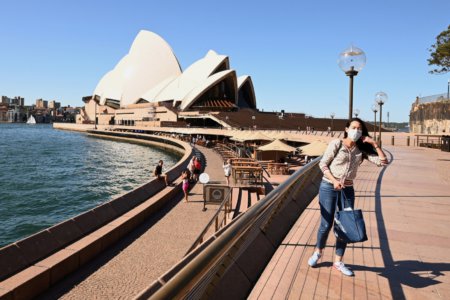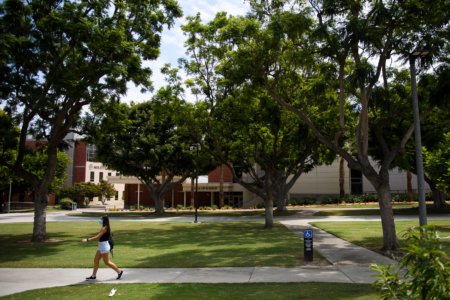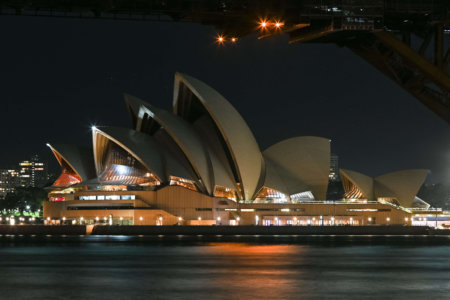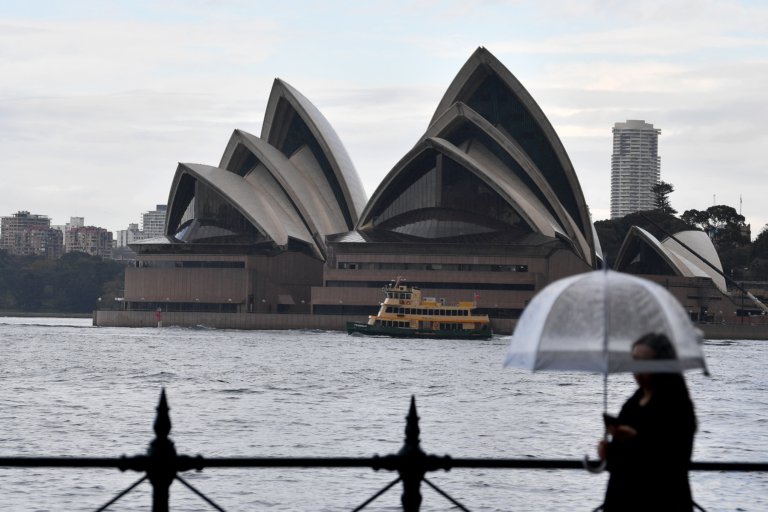
Australia may have reopened its borders to international students back in December, but delays in student visa applications remain a problem for some who are still waiting to return to the country.
Twitter users, including those from India and Iran, have alleged that visa applications are taking months or years. Some are airing their grievances using the #still_waiting_for_visa hashtag.
It’s been 2months since i applied for my australian student visa, still no update for me too
— Syed Ibrahim Asad (@s_i_asad) April 15, 2022
One Twitter user from India said Indian students have received PhD scholarships from Australian universities and risk losing their offers if they do not return soon. She added that their start date is close, but many are still waiting for their visa after nearly two years.
In a separate tweet, she claimed that she has been waiting for her student visa for 15 months, adding that if she cannot enrol by May 30, 2022, she would lose her scholarship and place in university.
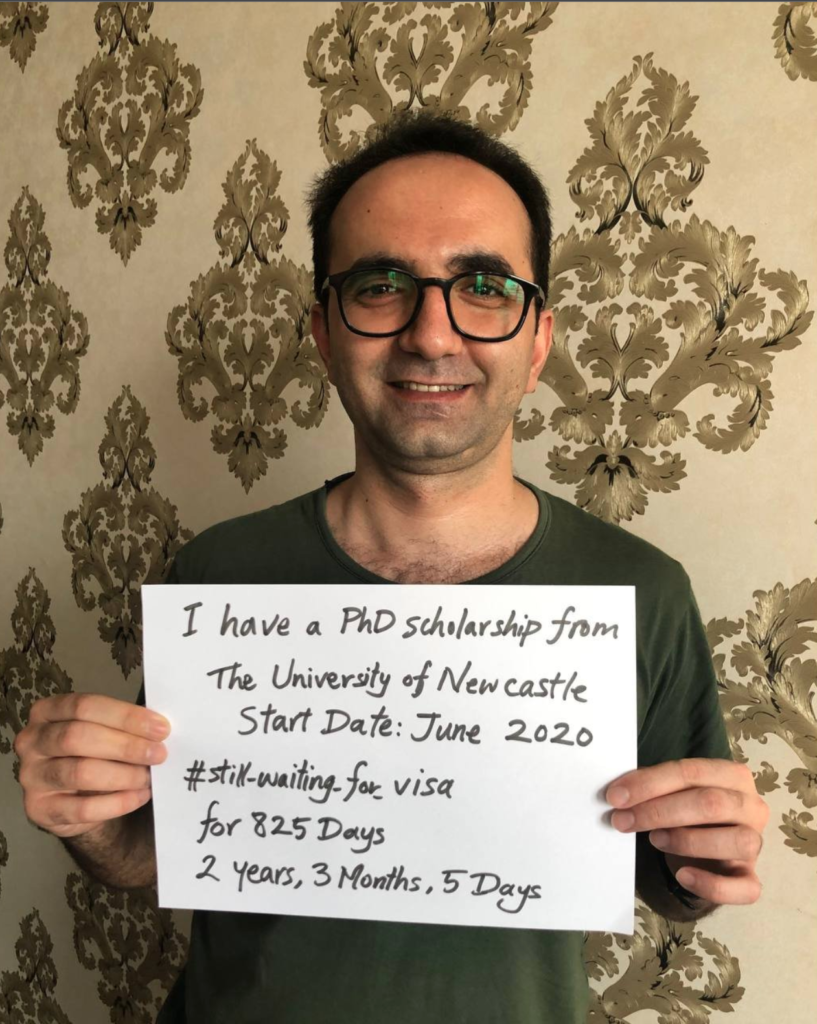
According to Pourazad, the University of Newcastle has been very supportive during his visa application process, adding that the university has deferred his scholarship “multiple times”. Source: Hamed Pourazad
Another student, Hamed Pourazad told Study International that he applied for his visa application before COVID-19 hit Australian borders.
“I applied in January 2020, and it was a good month or two before they closed the borders. The application was not difficult at the time, and I was hoping that I could get my visa and go to Australia before the borders were closed,” said the 34-year-old, who received a scholarship to pursue his PhD at the University of Newcastle.
When Australia’s borders closed in March 2020, the Iranian thought he would get his visa and “commence my studies online, as it was a common practice back in the day”.
That day never came.
You are not alone in this. Many #iranian_students are also waiting for their visas for so long. I have been waiting for more than 2 years myself. https://t.co/JbCoZ7MBMw
— Hamed Pourazad (@hpazad) April 21, 2022
“Even though Australian borders have been open for some time now, I am still waiting for my visa,” he said, adding that he has more than 20 friends in Iran who are facing extremely long visa assessment times.
“Some are waiting for more than two years, some have lost their scholarships, and some are about to lose their scholarships. What is bad here is that none of us can know for sure when our visas will be granted, and there is no way to ensure that our scholarships will still be valid by the time we have our visas.”
Deepak Chahal, an Indian PhD student at Macquarie University, told Study International: “I have applied for the student subclass 500 visa on Jan. 14, 2021. And I have been waiting for my visa for 15 months. I haven’t received any updates on my visa for the last 13 months.”
After contacting the DHA, the 27-year-old claimed that he, along with several other PhD students, received a “generic” reply which included that their application is going through mandatory checks that take up time.
A PhD is a career defining degree in a researcher’s career. But we #Indian_students are #still_waiting_for_the_visa for more than 1.5 years. Our hopes are shattering, our career is in jeopardy. Please help us. https://t.co/ANcot0pWu7
— deepak chahal (@deepakchahal294) April 22, 2022
Australian student visa applications ‘may take longer’ to finalise
The DHA has been contacted for comments.
Its website notes, “Due to COVID-19, some visa processing times have been affected. Applications may take longer to finalise.
“A complete application will enable quicker processing. We encourage students to provide the Department of Home Affairs with complete Student visa applications.”
Since 21 February, Australia has been welcoming all fully vaccinated international arrivals without requiring a travel exemption or a booster/third dose. From 18 April, following important changes will come in force👇 pic.twitter.com/xW1UhS06g7
— Barry O’Farrell AO (@AusHCIndia) April 15, 2022
New Zealand is also facing a similar predicament with visa bottlenecks. RNZ reported that Immigration New Zealand (INZ) is being blamed for restricting how many migrant workers, students and visitors can come into the country.
Travellers from a country needing visas to enter New Zealand have to wait till October under the government’s current border timeline, unless they have an existing visa or border exemption, said the report.
The government agency reportedly has 20% fewer staff than before the pandemic and has been juggling the surge in one-off residence visas and an overhaul of work visas. RNZ said it denied its ability to process visas was the sole factor in the delay in re-opening to the rest of the world.








